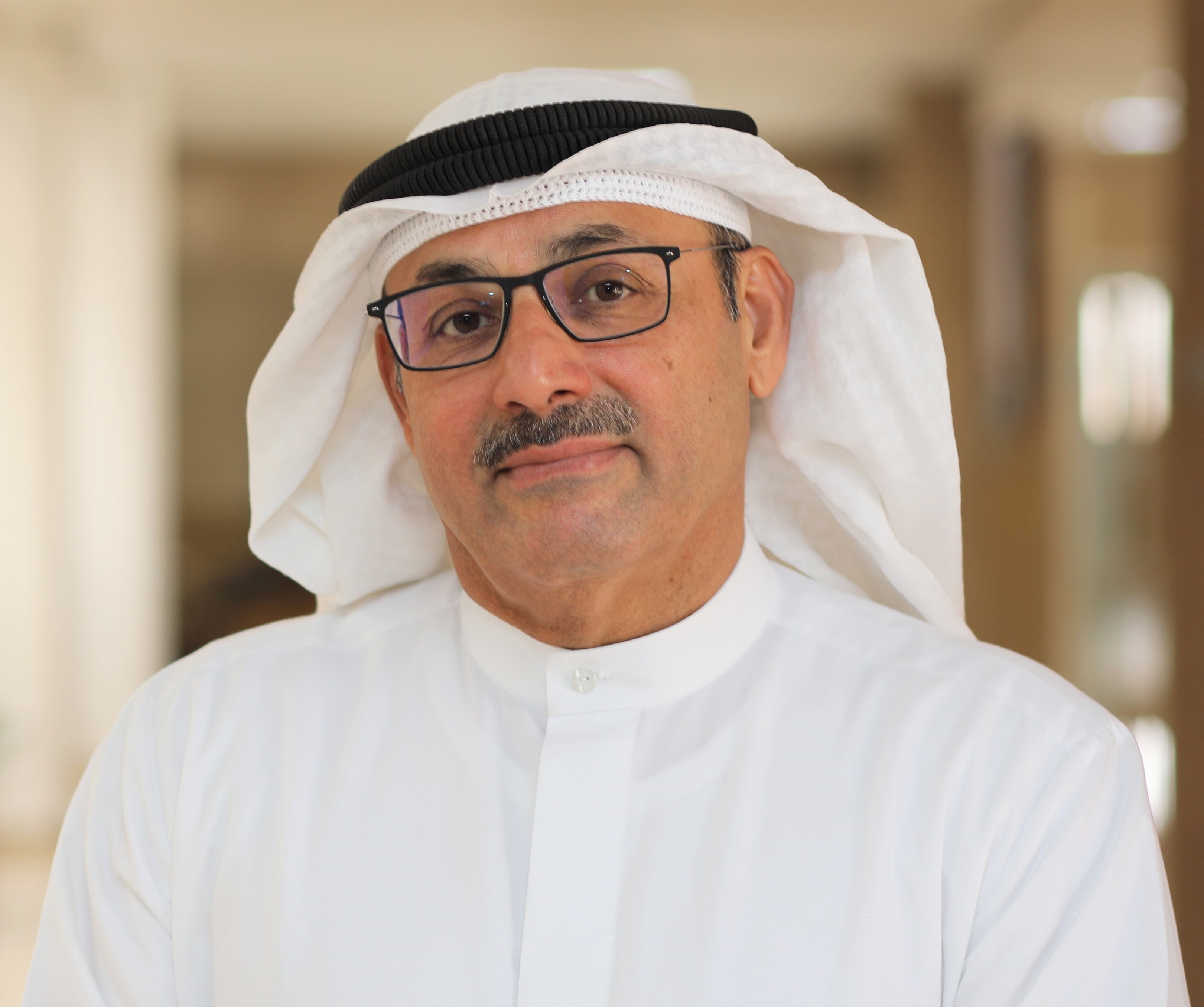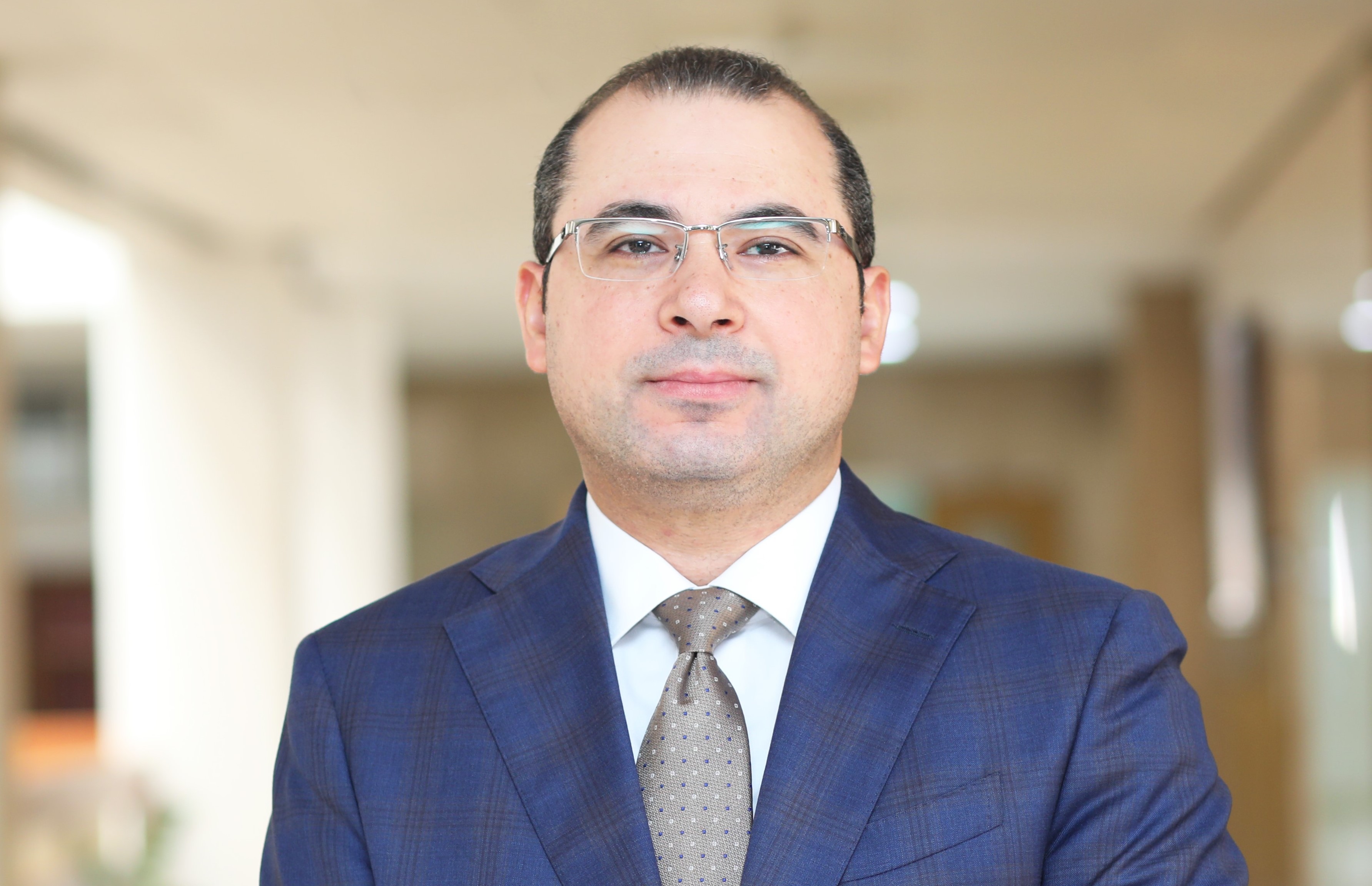
Shaikh Zayed bin Sultan Al Nahyan Chair for Environmental Sciences to Host Seminar on “Ecosystem-Based Treatment Technologies for Wastewater in GCC Countries”
Arabian Gulf University
02 Oct, 2024
The keynote address will be delivered by Prof. Dimitri Heintz from the University of Strasbourg in France, who will discuss the topic of sustainable wastewater treatment through the use of constructed wetlands. The seminar aims to evaluate and showcase the potential of constructed wetlands as a green and cost-effective technology, in addition to other ecosystem-based methods for wastewater management in GCC countries. It is expected to facilitate new collaboration opportunities among academic institutions, industry professionals and policymakers in the GCC to advance the development and implementation of this technology, strengthen capacities and achieve sustainable development goals.

On this occasion, Prof. Waleed Zubari, Dean of the College of Education, Administrative and Technical Sciences, Professor of Water Resource Management and Coordinator of the Professional Diploma Programme, commented on the pressing water challenges faced by GCC countries. He noted that these countries are experiencing a severe shortage of natural water resources, a situation expected to deteriorate with increasing population growth and the adverse effects of climate change. Concurrently, significant quantities of wastewater are generated from various sources, posing environmental hazards that necessitate costly treatment prior to disposal.
Elaborating further, he said: “If wastewater is treated and managed effectively, it can represent a valuable opportunity for the circular economy and alleviate pressures on existing water resources. As a result, many countries have begun to adopt the reuse of wastewater from agricultural, industrial, and municipal sources as a method to expand their water resource base. This approach requires the implementation of effective treatment technologies to eliminate hazardous pollutants. Moreover, alongside the rising levels of treated sewage resulting from increasing domestic water consumption in GCC countries, substantial quantities of produced water associated with oil extraction are also on the rise, particularly as oil fields age. This produced water comprises a complex mixture of pollutants and can have detrimental effects on the environment if discharged untreated, leading to considerable costs.”

In a related context, Dr Wael Almeslmany, Professor of Environmental Biotechnology, highlighted that constructed wetlands are recognised as a green and economically viable alternative to conventional treatment options. This technology utilises a combination of plants and microbes found in the root systems of these plants, which work harmoniously to eliminate hazardous environmental pollutants present in wastewater through bioremediation. Such technologies can be tailored to reduce or eliminate carbon emissions, thus contributing to the mitigation of climate change impacts.
Furthermore, a research team at the Centre for Environmental and Biological Studies is actively investigating ecosystem-based technologies for wastewater treatment. The team comprises Prof. Waleed Zubari, Dr Wael Almeslmany, Dr Abdulhadi Abdullah, Associate Professor of Soil, Water and Plants, Dr Sumaya Youssef, Assistant Professor of Environmental Engineering.
